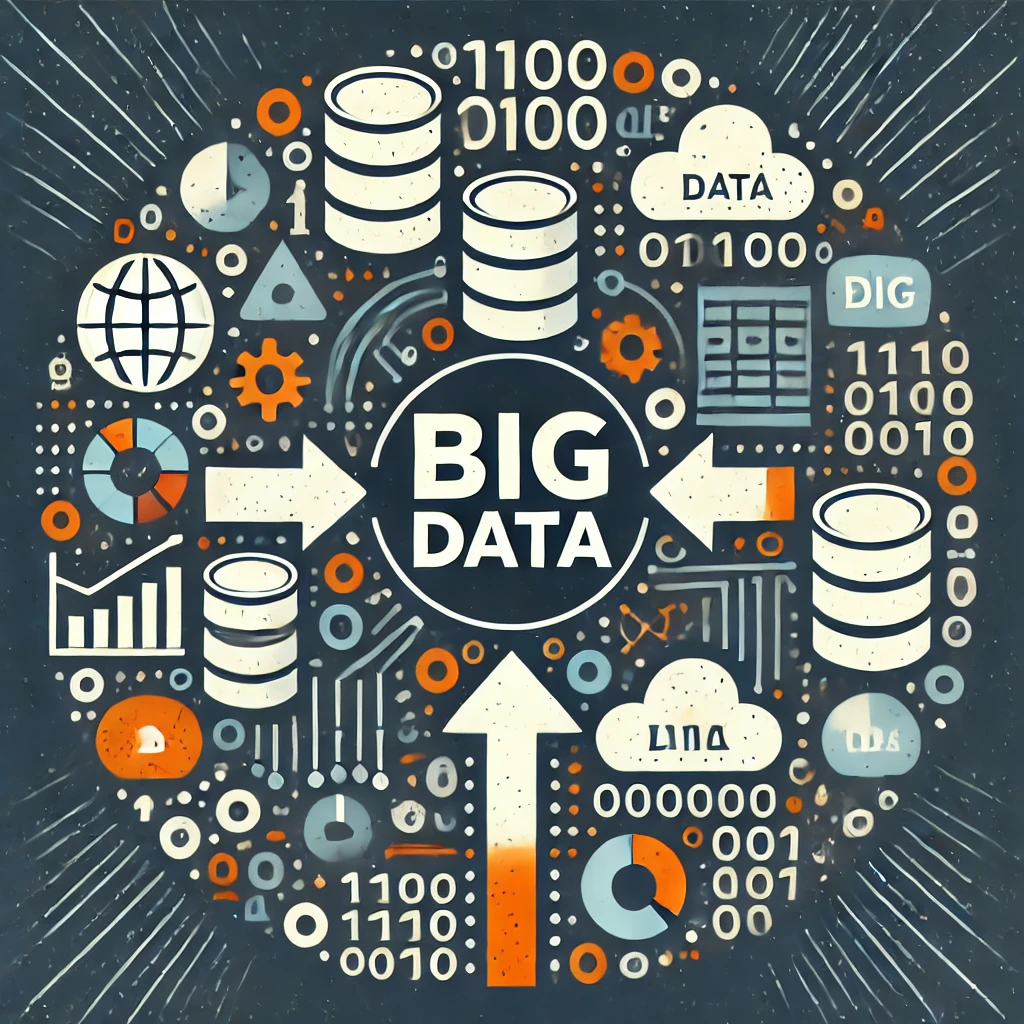Your cart is currently empty!
Big Data Term Meaning
Posted by:
|
On:
|

Detailed Explanation
Big Data is characterized by its volume, velocity, variety, and veracity. It requires advanced tools and technologies to capture, store, analyze, and visualize this data to extract meaningful insights. The analysis of Big Data enables organizations to make informed decisions, identify trends, improve customer experiences, and drive innovation. Technologies such as Hadoop, Spark, and NoSQL databases are commonly used to manage and analyze Big Data. The goal is to leverage data to gain a competitive advantage and drive business growth.
Key Points
- What it is: Vast volumes of structured and unstructured data that are too large and complex for traditional data processing techniques.
- Why it matters: Enables organizations to make informed decisions, identify trends, and drive innovation by extracting meaningful insights from data.
- How to use it: Utilize advanced tools and technologies to capture, store, analyze, and visualize Big Data for actionable insights.
Examples
- Social Media Analytics: Analyzing millions of social media posts to understand customer sentiment, track brand mentions, and identify emerging trends.
- Healthcare Data: Using patient data from electronic health records, medical devices, and genomic research to improve patient care and advance medical research.
Related Terms
- Data Analytics
- Data Mining
- Machine Learning
- Artificial Intelligence (AI)
Frequently Asked Questions
What are the 4 Vs of Big Data?
The 4 Vs of Big Data are Volume (the amount of data), Velocity (the speed at which data is generated and processed), Variety (the different types of data), and Veracity (the accuracy and trustworthiness of data).
Why is Big Data important?
Big Data is important because it allows organizations to analyze large and complex data sets to gain insights that can drive better decision-making, improve operational efficiency, and create new opportunities for innovation and growth.
What tools are used for Big Data analysis?
Common tools used for Big Data analysis include Hadoop, Spark, NoSQL databases, data visualization tools like Tableau, and machine learning frameworks like TensorFlow and Scikit-learn.



